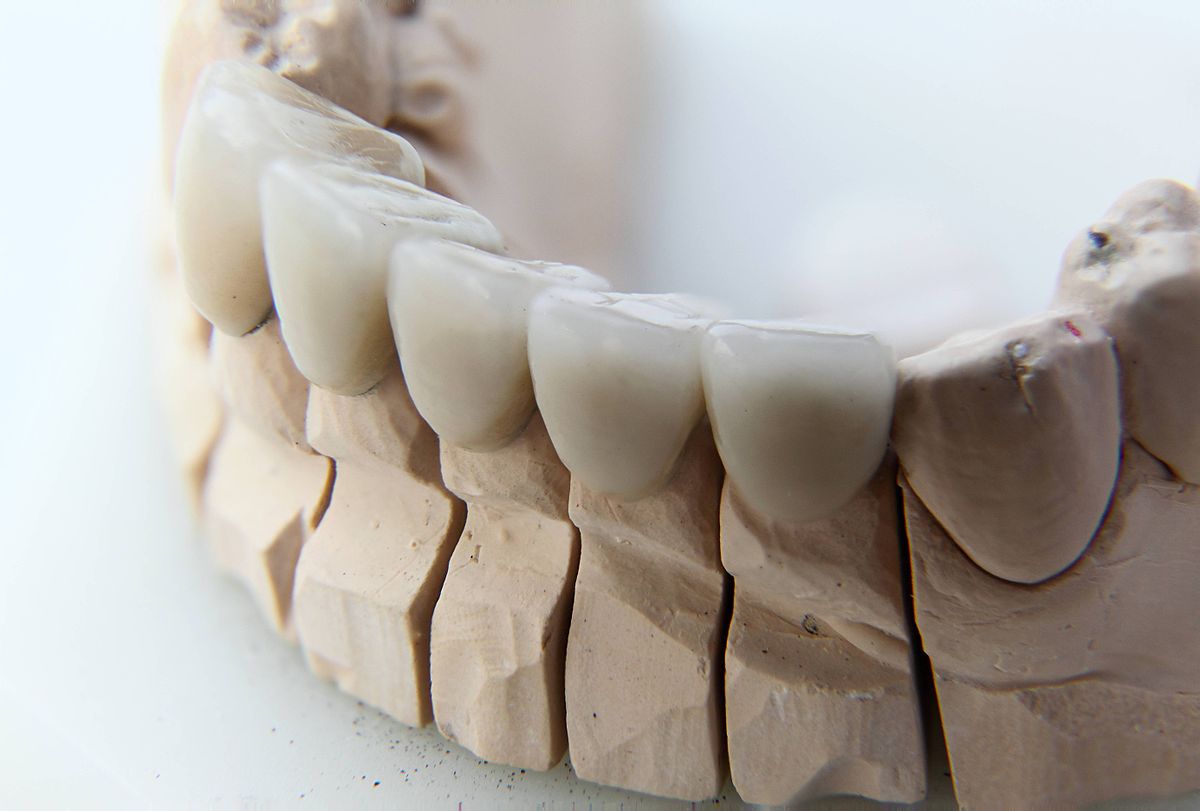Dental trauma can leave your teeth weakened, cracked, or vulnerable to further complications, making it harder to chew food and speak. If you’ve experienced such damage, dental crowns offer a reliable solution to restore functionality and appearance. Dental professionals typically use these versatile restorations to address an array of issues, including structural damage and discoloration. Here’s a closer look at their advantages:
Restoring Tooth Structure
Teeth damaged by trauma can lose their structural integrity, but dental crowns are designed to provide substantial support to weakened teeth. Acting as a protective cap, a crown fits snugly over the damaged area, shielding it from ongoing stresses associated with biting and chewing. Whether the tooth has chipped, fractured, or had previous restoration work, a crown reinforces its strength. This makes daily activities, such as eating and speaking, more comfortable and reliable.
Protecting Against Damage
A damaged tooth may be more vulnerable to additional harm. Fractures or cracks in a tooth create openings that allow bacteria to penetrate, leading to decay or infection easily. Dental crowns form a barrier, safeguarding your teeth from these risks. By covering the entire tooth, a crown minimizes exposure to harmful elements. It helps preserve the affected tooth by preventing further wear, breakage, or infection from developing.
Restoring Original Appearance
The aesthetic impact of a damaged tooth can be unsettling; however, dental crowns are designed to resemble natural teeth, thereby restoring your smile and providing a more uniform appearance. Crowns not only enhance your look but also serve a fundamental purpose. They mimic the natural structure of your teeth, which allows you to enjoy the same bite pattern and chewing efficiency as you did before the damage occurred. You might be able to bite into a crisp apple or sip a warm cup of tea, and crowns could enable you to continue enjoying your favorite daily activities without discomfort.
Lasting Much Longer
Dental crowns are durable and offer several benefits for your teeth. They are made from strong materials, such as porcelain, ceramic, or metal alloys. These materials can handle daily use effectively. If you take proper care of your crowns, you can help them last longer. Brushing, flossing, and visiting the dentist regularly are required to maintain your crowns. Many crowns may endure for several years or more. Therefore, they provide a long-lasting solution for restoring teeth.
Choosing Dental Crowns
Whether you’re dealing with visible cracks or deeper issues, crowns offer both an aesthetic and functional fix. They might make a difference in your smile’s appearance, but also in your long-term oral health. Here are some benefits of dental crowns at a glance:
- Strengthen weakened or fractured teeth.
- Protect against bacteria, decay, or additional damage.
- Restore the natural look and functionality of your smile.
- Provide a durable and lasting solution.
- Support better dental health and alignment.
Schedule an Appointment With a Dentist
When you experience dental trauma, dental crowns can help restore the appearance and function of your teeth. They not only provide practical benefits, but they also enhance your overall comfort. For example, dental crowns restore strength and prevent further damage to the tooth. The first step to reclaiming your smile involves discussing with your dentist whether a dental crown is a suitable option for you. If you take proper care of these restorative teeth, they create a stronger and healthier one that functions and feels just as it should. If you’ve experienced tooth trauma and need guidance, don’t hesitate to reach out to your dentist for assistance.









